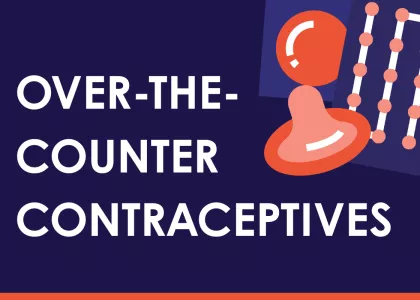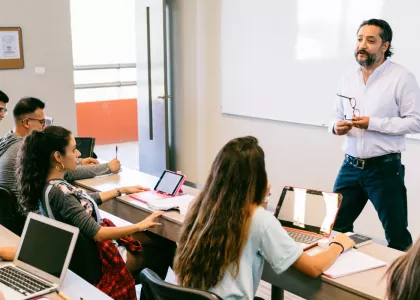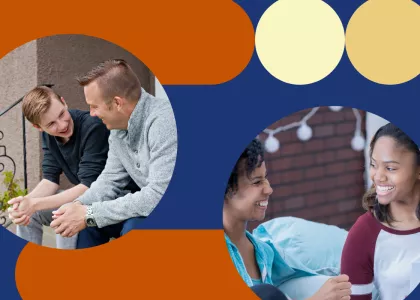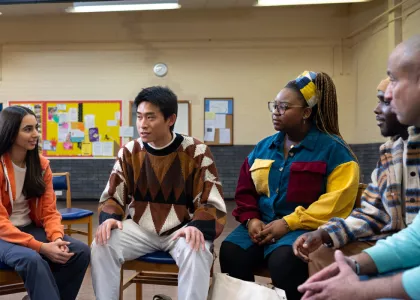
Creating Pathways to Optimal Health for Youth: Exploring the A-F Topics
This Topical Training examines new research to help Sexual Risk Avoidance Education (SRAE) programs create more effective pathways to empower youth to overcome individual and societal barriers to healthy decision-making. Dr. Philip Hong shares how learning about the psychosocial development of youth relative to culture, environment, trauma, and their lived experiences can help them understand potential pathways to future opportunities. The 3-day training will integrate this new research with each of the SRAE required A-F topics.
Slides accompanying the sessions are included below the recordings.
Day 1 Recordings
Session 1: Keynote: Understanding the Psychology of Self-Sufficiency
Session 2: Grantee Panel: Innovative Ways to Operationalize Topic A & B Concepts
Session 3: Field Talk: Presenting Topics A & B Using the Psychology of Self-Sufficiency
Day 2 Recordings
Session 1: Welcome and Keynote: Transforming Impossible into Possible (TIP)
Session 2: Grantee Panel: Effective Ways to Operationalize Topic C & D Concepts
Session 3: Field Talk: Applying the TIP Model to Help Youth Achieve Goals
Day 3 Recordings
Closing Remarks and Participant Survey
Session 1: Welcome and Keynote: Building Psychological and Social Capital in Youth
Session 2: Grantee Panel: Effective Ways to Operationalize Topic E & F Concepts
Session 3: Field Talk: The A-F Topics in Action
- Facilitators
- Program Administrators
- Program Managers
- Sub Recipients
- Community-based Organizations
- Government Agencies








